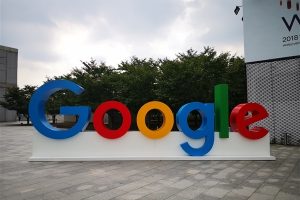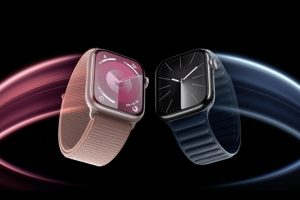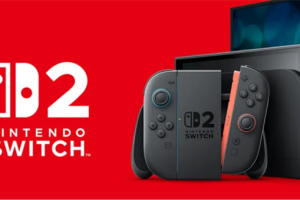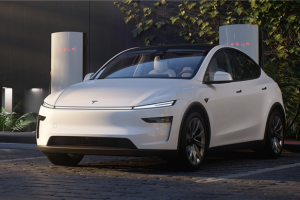August 22, 2024 – According to a recent report released by market research firm TrendForce, global sales of new energy vehicles (including pure electric vehicles, plug-in hybrid electric vehicles, and hydrogen fuel cell vehicles) reached 3.769 million in the second quarter of 2024. This represents a nearly 30% increase compared to the previous quarter and a year-on-year growth of 24.2%.
Despite Tesla maintaining its position as the market leader in pure electric vehicles, its sales have declined compared to the previous year. Meanwhile, BYD has demonstrated steady sales performance in the pure electric vehicle market, and its market share for plug-in hybrid electric vehicles has surpassed 36% in the second quarter.
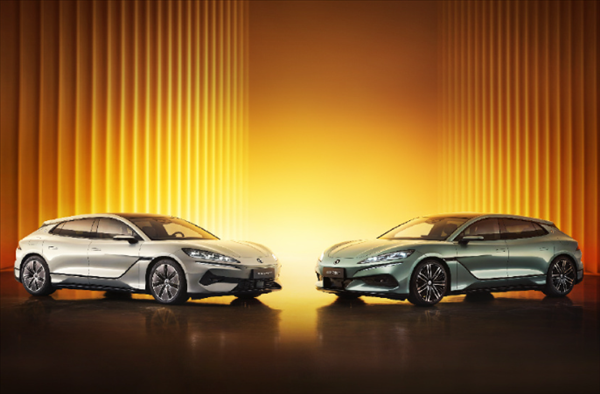
In terms of specific vehicle types, global sales of pure electric vehicles (BEVs) reached 2.328 million in the second quarter of 2024, representing a year-on-year increase of 8%. Tesla, despite its market share decline of 4.7% compared to the same period last year, remains the market leader. To stimulate demand, Tesla has implemented price reductions and preferential interest rates in two major markets, China and the United States.
BYD (excluding the Denza brand) ranks second, with BEV sales increasing by approximately 20% compared to the same period last year. Additionally, BYD has shown strong overseas sales, exporting over 100,000 new energy vehicles, including pure electric vehicles, in the second quarter.
Volkswagen, SAIC-GM-Wuling, and BMW ranked third to fifth respectively, with similar market shares. NIO saw a significant 144% year-on-year growth in sales, jumping to seventh place. Geely Holding Group’s Zeekr brand ranked ninth, with sales primarily driven by the Zeekr 001 model.
Global sales of plug-in hybrid electric vehicles (PHEVs) reached 1.439 million in the second quarter of 2024, representing a significant year-on-year growth of 64.2%. The top four brands in terms of sales were all Chinese. BYD’s market share increased to 36.1%, significantly surpassing the second-placed Li Auto. AITO and Changan ranked third and fourth respectively.
Volvo Cars and Mercedes-Benz took the fifth and sixth spots, while BMW’s PHEV sales remained flat compared to the same period last year, ranking eighth. Although Jeep’s sales and ranking declined, it remains the best-selling PHEV brand in the United States. Currently, only seven PHEV models in the US are eligible for federal government subsidies, and two of them are produced by Jeep.

